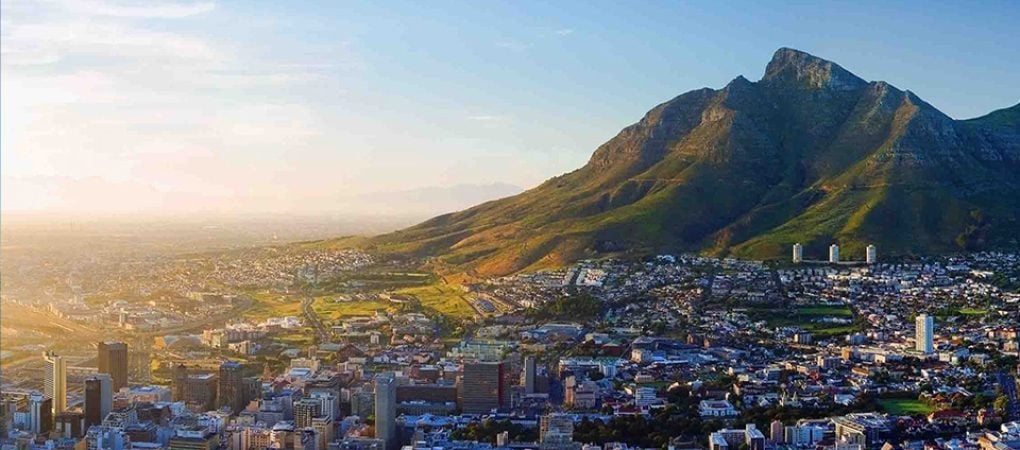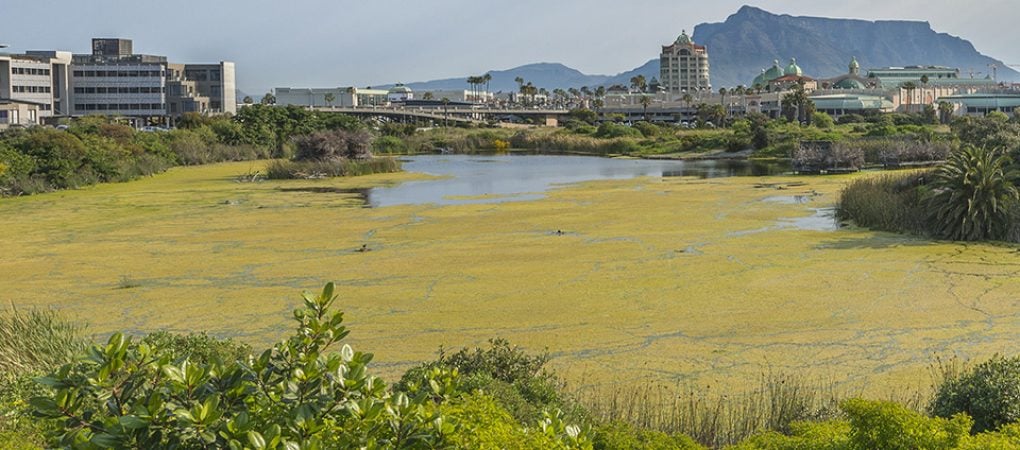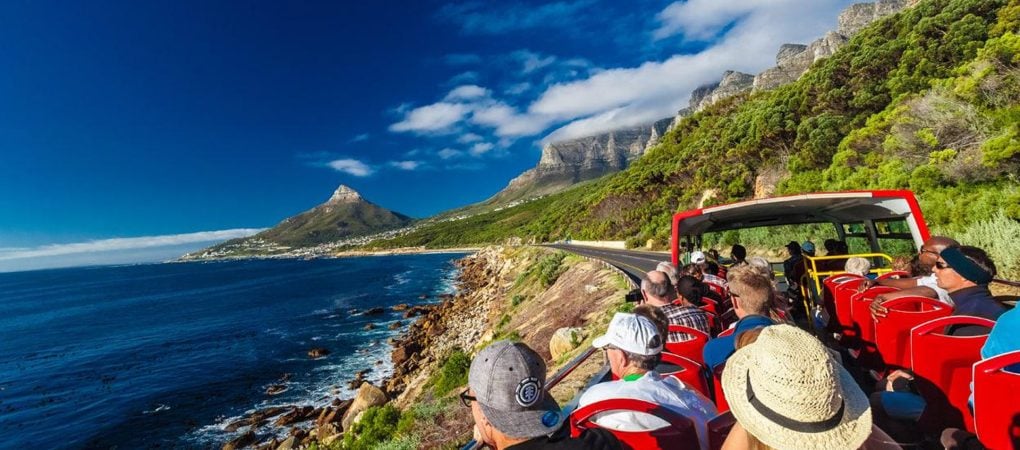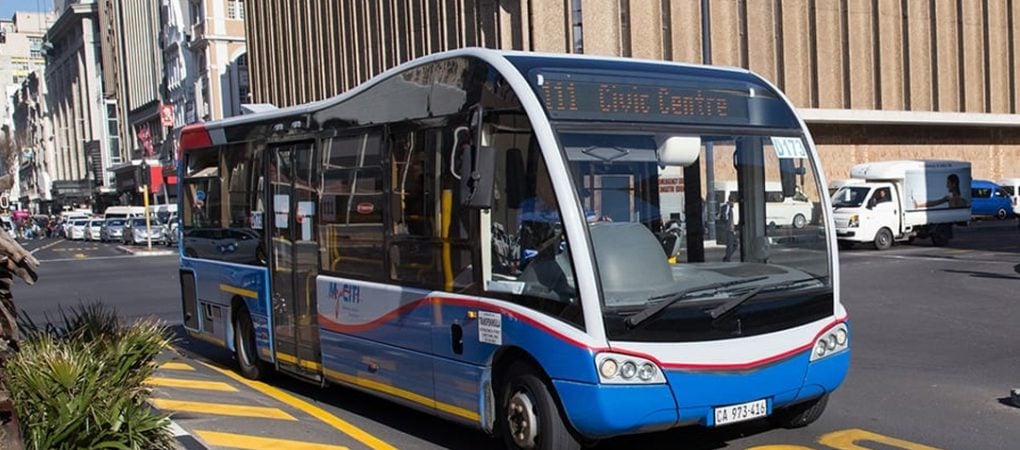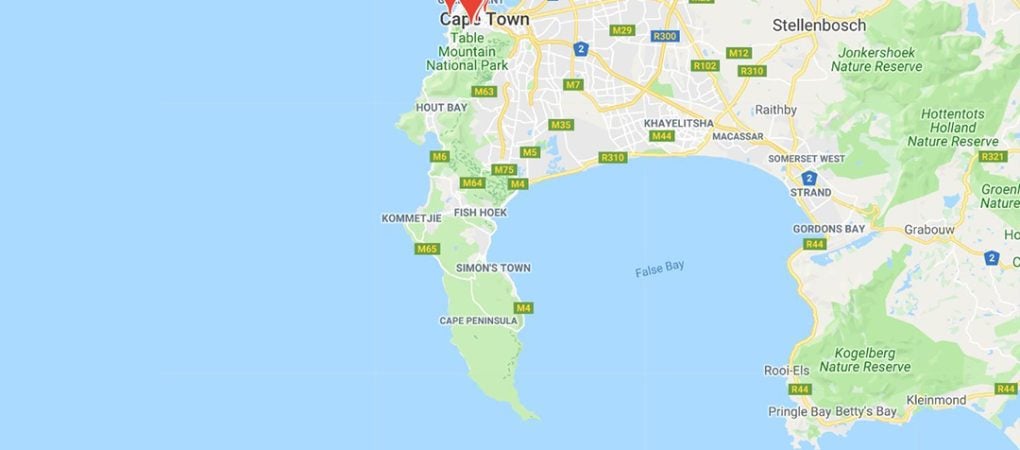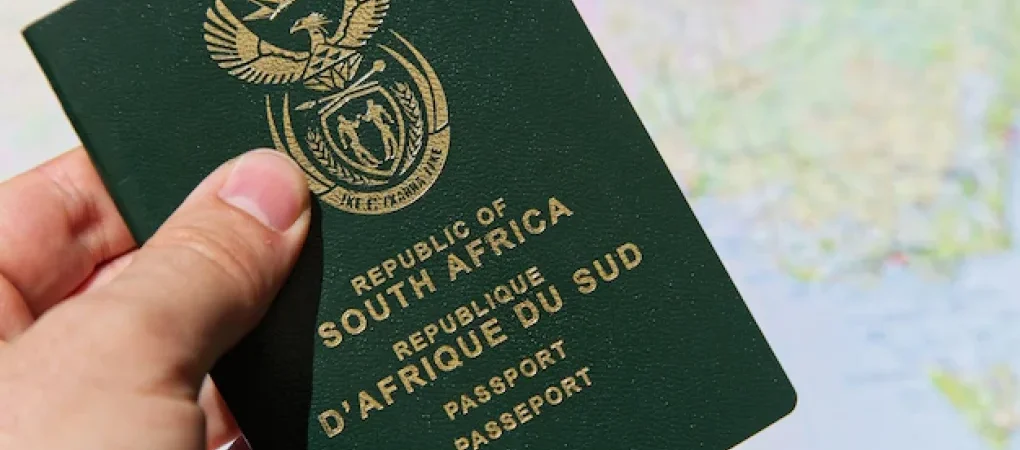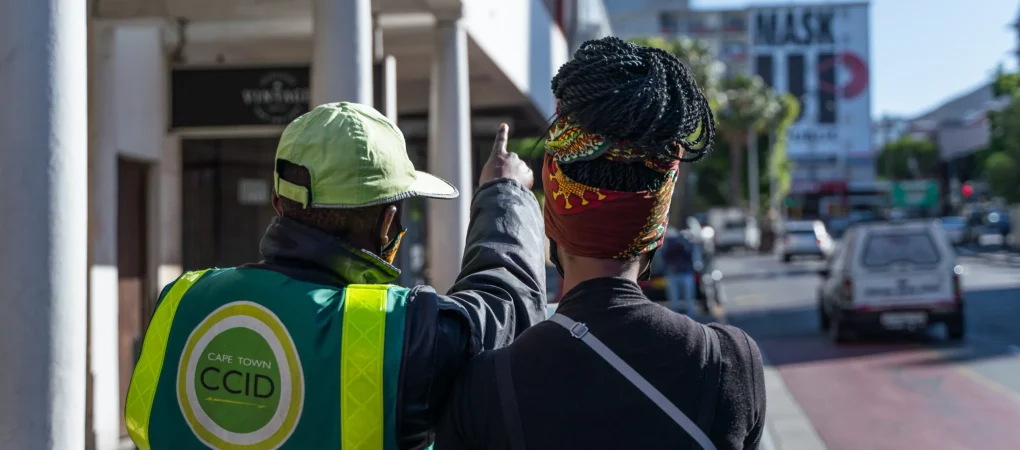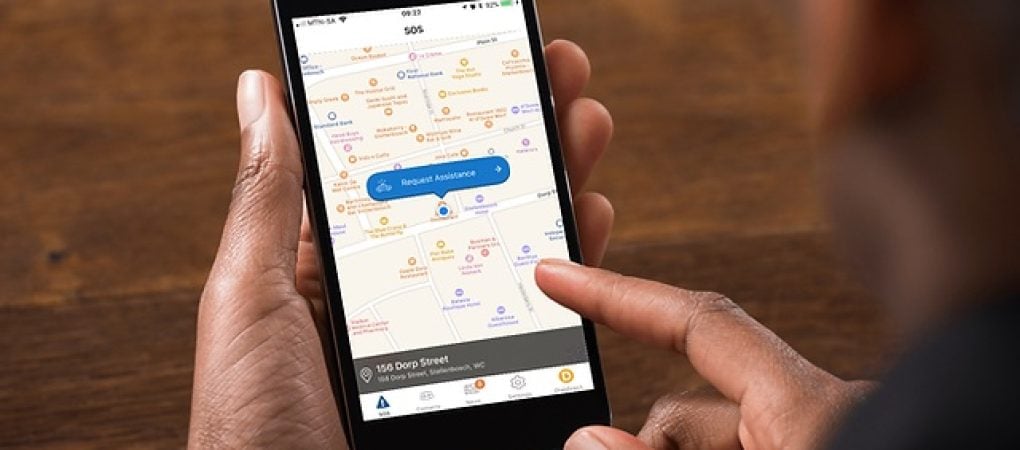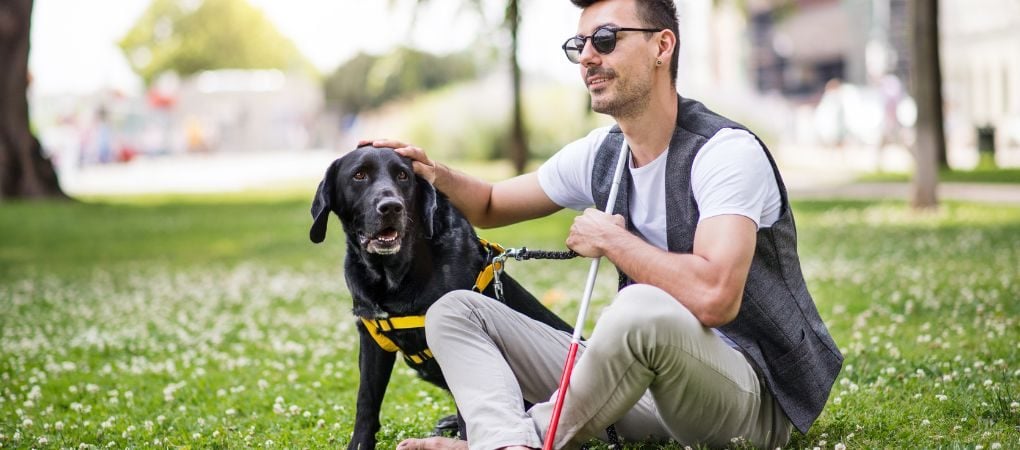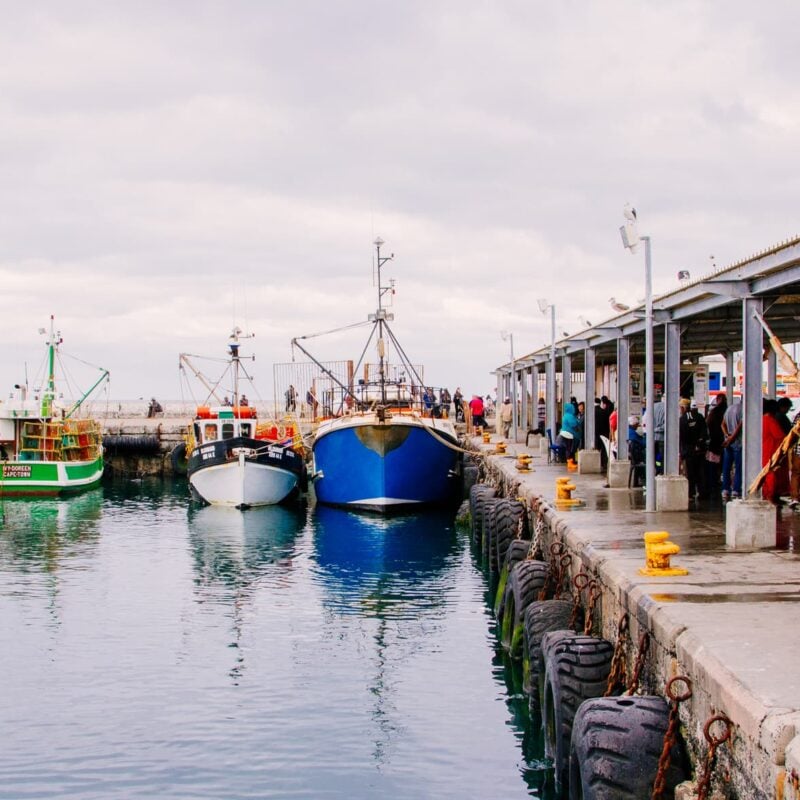Cape Town’s natural beauty and warm hospitality attracts thousands of visitors from around the world annually. And like any other top destination around the world, it’s important to be safe and vigilant while exploring our incredible city.
We understand that planning your journey to and from the airport can be a bit daunting, especially if it’s your first visit to Cape Town. That’s why we’ve created this easy-to-use guide, designed to help you safely navigate between Cape Town International Airport and your destination, before discovering everything the Mother City has to offer.
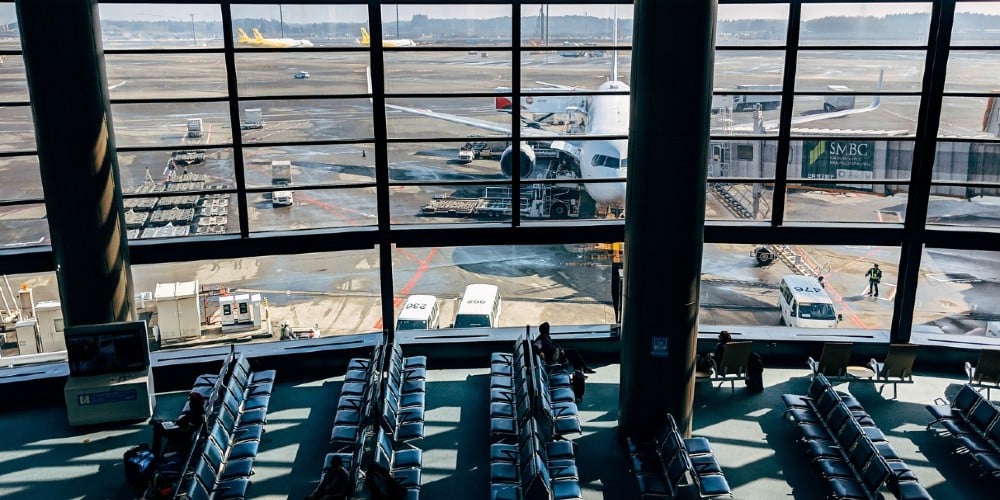
Recommended routes
A well-planned trip ensures a hassle-free journey. Here are a few routes you can use when moving to and from the airport:
· Travelling to and from the False Bay Area and Southern Suburbs: Travel via the M5 and N2, or the M3 and N2.
· Travelling to and from the Northern Suburbs: Travel via the N1 to R300 and N2.
· Travelling to and from Somerset West, Strand and Gordon’s Bay:
Travel via the N2.
NB: The following areas are considered high-risk, and we recommend staying alert should you choose to travel along these routes:
· N2 off-ramp onto Borcherds Quarry Road.
· N2 off-ramp onto R300 on both the Bellville and Mitchells Plain sides.
· N2 off-ramp onto Airport Approach Road.
· N2 off-ramp to Oliver Tambo Drive.
· N2 between Mew Way.
Self-driving tips
To ensure your safety on the road, here are some essential driving tips:
· Keep friends or family informed: Let them know the route you’re planning to travel. Ideally, you should also update them on the progress of your journey and let them know when you have reached your destination safely.
· Vigilance at traffic lights and intersections: Be cautious and alert at traffic lights and intersections, as these can be areas of potential risk.
· Awareness of surroundings: Pay attention to your where you are, taking note of any unusual activity or individuals.
· Emergency-ready: In case of a flat tyre, continue driving until it’s safe to stop. Lock your car, then contact help immediately.
· Planning your journey: Research and prepare your route in advance, keep the doors locked, and windows up at all times. Use a GPS navigation tool to plan your trip in advance. Also, ensure your vehicle has enough fuel before you leave.
· Keep valuables out of sight: Don’t leave your mobile phone or other valuables where they are visible from outside the vehicle. Place valuables in the trunk (boot) before you hit the road.
· Avoid picking up strangers: Never pick up anyone you don’t know or hitchhikers.
· Seek police advice: If you want information about an area, you can contact the local police station for help.
· Contact information: If you’ve hired a vehicle, make sure you have the number of the car rental company in case you’re stranded.
· Always obey road rules: And carry your driver’s license.
· Avoid driving at night: If possible, don’t drive after dark. Alternatively, only use reputable tour operators and transport services to get around.
How to deal with incidents
· Accidents: In the event of an accident, find out the extent of the damage or injuries and assess whether medical attention is required. Take a picture with a camera or mobile phone, and file an accident report with the police as soon as possible. Remember to get the names, addresses, telephone numbers, and ID numbers of everyone involved in the accident.
· Minimising risks at emergency stops: Avoid stopping on the highway. Rather move to a public area, or well-lit space if it’s night time.
· Essential roadside equipment: Before hiring a car, make sure items like a first aid kit, tow rope, warning triangles, torch and fire extinguisher are in the car.
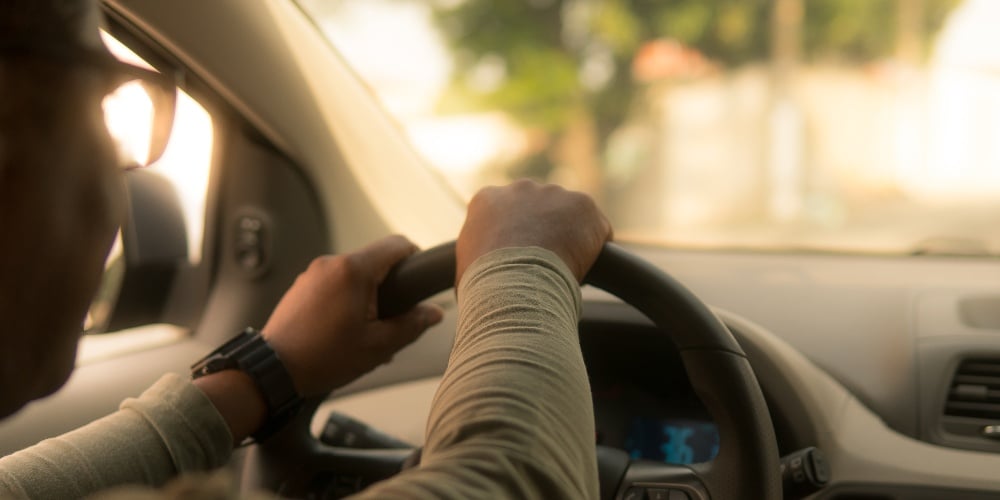
Organisations here to help you
Various organisations and law enforcement agencies are working together to keep you safe while visiting Cape Town.
· SAPS (South African Police Services) Presence: SAPS vehicles stationed at strategic locations, such as the Borcherds Quarry intersection, serve as a deterrent to criminal activities. In case of emergency, you can contact SAPS by calling 021 927 2900.
· Collaboration with Border Police: Collaboration between ACSA (Airports Company South Africa) and the Border Police aims to deploy additional resources to combat crime. For assistance contact the ACSA Control Room on 021 937 1207.
· Reporting Suspicious Activity: Travellers are encouraged to report any suspicious or criminal activities in high-alert areas to SAPS or ACSA’s Control Room.
· Provincial Traffic Department: For real-time road condition updates, particularly during protest actions, travellers can contact the Provincial Traffic Department on 021 931 1646.
· Law Enforcement: For city emergencies you can contact The City of Cape Town Law Enforcement on 021 480 7700
· CTT Band-Aid Programme: Our Band-Aid team is here to help visitors who may be in distress during their stay in Cape Town. Should an incident occur, please call us on 021 487 6552 for assistance.
Receive emergency assistance with the Namola Safety App
Namola is a mobile app allowing users in Cape Town, to request emergency assistance quickly and easily from SAPS, and other emergency services. The app uses your GPS location to alert the nearest police station and emergency services. It also allows users to provide detailed information about the emergency.
You can also track the progress of the emergency call in real-time and provide regular updates on the status of your request for assistance. You can download the Namola app for free on your app store.
Disclaimer
The suggested safe routes may change depending on various factors such as protest action or accidents on the road. Cape Town Tourism will not be held responsible or liable for any incidents, accidents are unforeseen events that may occur while following these routes.
While these recommended routes serve only as a guide, it’s important to prioritise your safety while travelling. That means researching your routes ahead of time, following basic rules for safe driving, staying up to date with local news that might affect your trip, and being prepared with available resources in case of emergencies.





